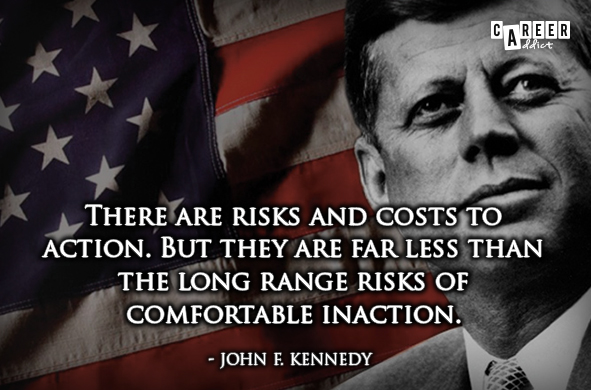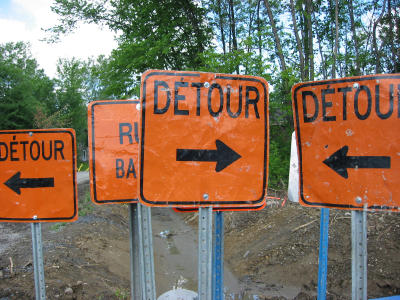 My client Lawrence said something interesting the other day. I was talking to him about the tendency we have to operate from our Knower/Judgers because it’s easier and safer, and usually takes care of our immediate emotional needs. “Yes,” said Lawrence, “But that’s not taking the high road.” Now, I had never thought of being in the Learner/Researcher as taking the high road. And I also knew that “Thou shalt take the high road” is just another K/J rule. But in a way, Lawrence is right. Read more
My client Lawrence said something interesting the other day. I was talking to him about the tendency we have to operate from our Knower/Judgers because it’s easier and safer, and usually takes care of our immediate emotional needs. “Yes,” said Lawrence, “But that’s not taking the high road.” Now, I had never thought of being in the Learner/Researcher as taking the high road. And I also knew that “Thou shalt take the high road” is just another K/J rule. But in a way, Lawrence is right. Read more
First, let me reiterate that not all K/J rules are detrimental. Many serve us very well, and I think this is one of them. When you think about it, our rule about taking the high road competes with other K/J rules that don’t serve us well, such as “I need to win every argument,” “I need to be right,” or “I need to be perfect.”
Wayne Dyer said, “Attachment to being right creates suffering. When you have a choice to be right, or to be kind, choose kind and watch your suffering disappear.” That’s the high road Lawrence was talking about. You’re taking the high road when you:
- Put driving frustration aside to allow someone to cut in.
- Let a child make a mistake so he can learn from it, even when you can predict the outcome.
- Refrain from arguing with your boss or spouse over something when arguing won’t change anything; it just gives you a short-term emotional high.
- Gracefully accept a dear friend’s offer of a beer you consider to be recycled wastewater. (I just did this recently. It was difficult!)
- Listen rather than lecture.
- Refrain from judging someone based on what you see, such as nationality or ethnic origin.
- Take responsibility instead of pointing the finger at someone else.
- Avoid the K/J concept “we’ve always done it this way.”
- Thank the messenger even though the message was bad news. (After all, he’s only the messenger.)
- Refrain from playing favorites and picking what you always pick.
- Apologize. You blew it…fess up!
And then there’s the ubiquitous “But I only wanted to help.” Might want to take the high road and ditch that. The list goes on ad infinitum.
All these behaviors can make us feel good when we do them, right? We love when we can prove our point. We revel in the concept of not letting that S.O.B. cut in front of us. But isn’t the thrill of K/J victory short-lived?
There’s almost always a choice in how to respond to something. When you take the high road, you’re keeping an eye on the long term versus the short term.
Viktor Frankl suggested that “Between stimulus and response there is a space. In that space is our power to choose our response. In our response lies our growth and our freedom.” This seems like a great example of the high road and why we should take it. Who doesn’t want more growth and freedom? Can we exchange the emotional rush of winning for some growth and freedom? Do we want to badly enough?



